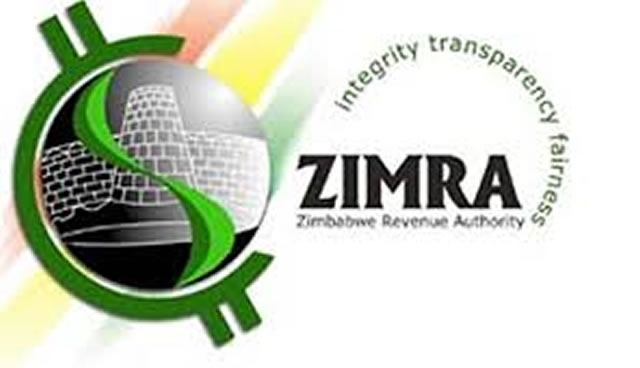Editorial Comment: Improve publicity on Zimra tax amnesty

The prevailing economic challenges have crippled businesses’ ability to meet many of their obligations, including paying tax. As well as that cost they, too, need to pay salaries and utilities, to restock and invest in plant and equipment all from shrinking revenues in a downcast economy. Spreading the little money across all these is an impossible task.
Only a few businesses in the country are not indebted to Zimra. The rest owe the tax collector millions. There could be one or two that are doing well thus are able to pay tax, but are neglecting doing so. However, a majority of local businesses have no means to. We commiserate with them.
Some have had their bank accounts garnished; others had property seized and so on, as Zimra came down hard on defaulters. The apparent strong-arm tactics have earned Zimra a bad name with the criticism that the authority was “killing the goose that lays the golden egg.” In many cases, though, the goose is hardly laying any eggs!
Recognising the impossibility of firms to be up-to-date with their tax payments, the Ministry of Finance recently granted a tax amnesty in terms of the Finance Act (No 2) of 2014. The pardon waives penalties, interest and prosecution for non-payment and other irregularities in connection with all taxes that are administered by Zimra. It covers the whole range of taxes including employees’ tax (or pay as you earn), income tax, value added tax, withholding taxes, presumptive tax, capital gains tax, customs and excise duty, licences for bonded warehouses and private sidings and royalties.
“The period covered by the amnesty is from the 1st of February 2009 to the 30th of September 2014,” Zimra said.
“Only offences that were committed within the specified dates will be covered by the tax amnesty. Any offences committed outside the specified period will not qualify for the tax amnesty. A person who is or may become liable for interest, penalty or prosecution for offences committed within the amnesty period as defined above can apply for tax amnesty any time from the 1st of October 2014.”
We are optimistic that Zimra will be able to get many to pay up by the prescribed March 31, 2015 deadline. Penalties and interest on overdue tax were often far higher than the original debt, a situation that made it difficult for defaulters to pay up. A good number were just waiting for that frightening moment when Zimra initiated their prosecution. Now that they are required to pay only the initial bill, over a period of six months, we foresee businesses stepping forward to pay.
Business, however, might rightly have misgivings over the adequacy of the six-month period over which they should have fully paid their arrears to Zimra. End of March next year looks too close. That could be an area for further engagement between government and business. End of June 2015 looks more workable.
The pardon is plausible in that it ensures that Zimra gets money without taxing business to death. Without business, there is no revenue into Zimra coffers.
Another point that pleases us with this amnesty is the period it covers, February 1, 2009 and September 30, 2014. The starting point of the amnesty could not have been better because that is the time when the economy was dollarised after which bills built up.
The government has done well by forgiving defaulters, but we don’t think that Zimra is doing as much as it must to spread the word to everyone who must hear it and act upon it. We are seeing a few advertisements in the Press and online, but haven’t heard or seen much of them on the broadcast media. Also, we argue that the publicity campaign is not good enough in terms of its geographical reach and detail for every defaulting business to get the message and come forward.
Zimra can consider using the radio and television more effectively, flighting advertisements or sponsoring discussion programmes on prime time.
But the mainstream media has its own shortcomings so relying on it might not get the message across adequately. In the circumstances, the authority might have to conduct road shows countrywide, hold meetings at district capitals (provincial capitals are far removed from rural businesses) and distribute literature in all national languages countrywide. We take the amnesty very seriously because it is important. Therefore, we demand the message to be broadcast nationally, in good time and in accessible formats and languages.
A systematic publicity campaign will obviously constitute an additional expense, we agree, but more resources spent on it will make it possible for Zimra to reach more people, who then come forward to pay up, thus the end will justify the means.








Comments